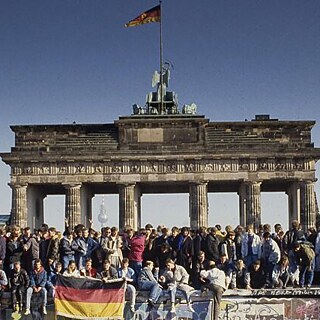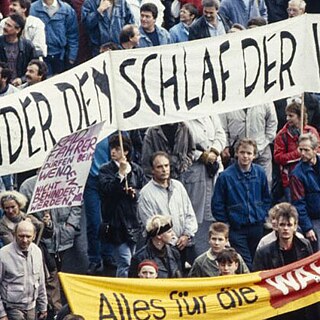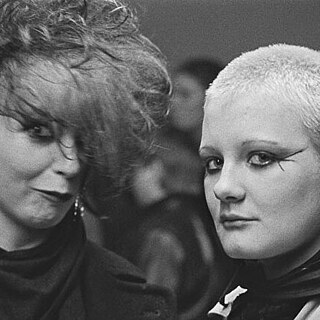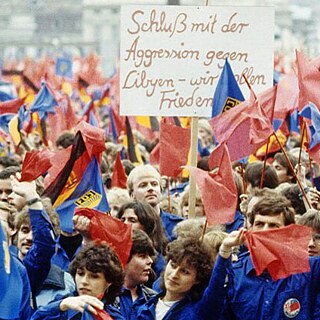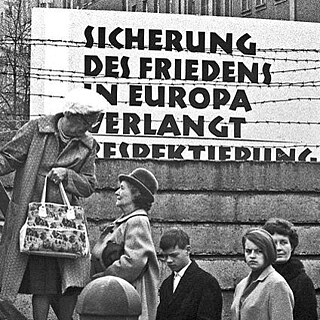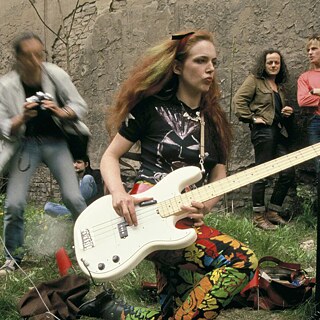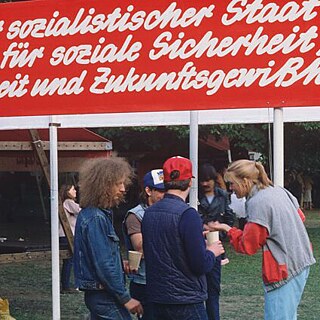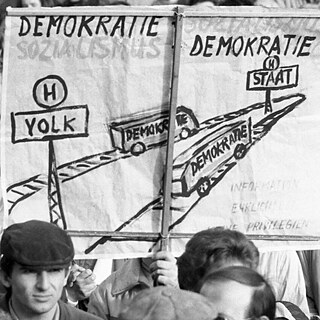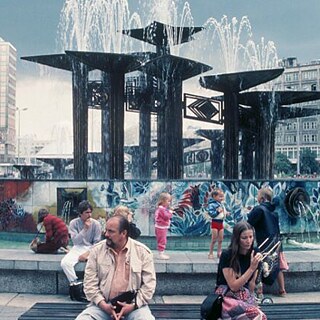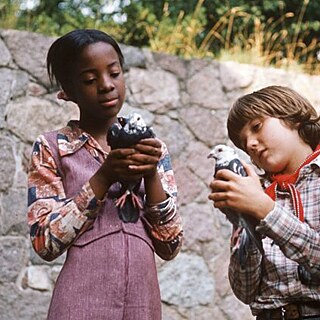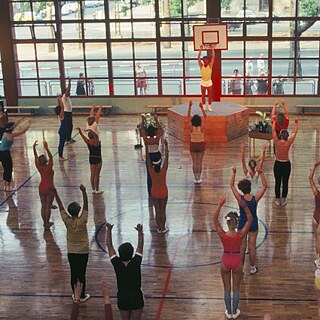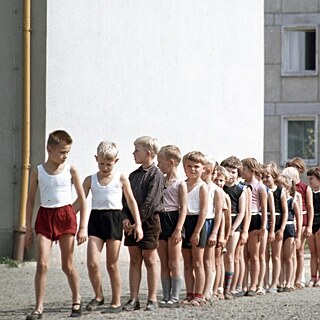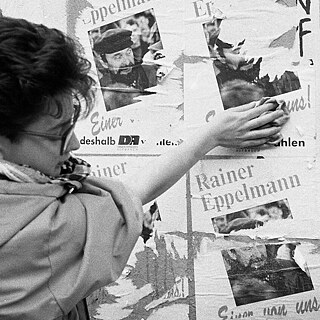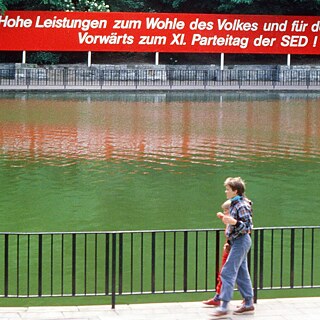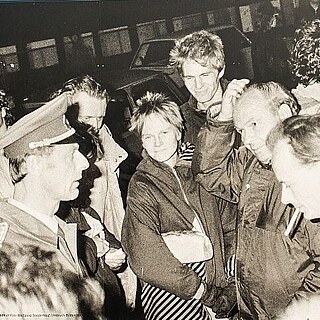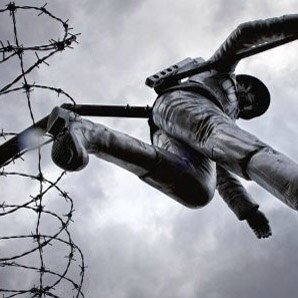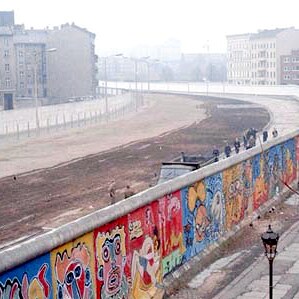
Show description in:
Chapter 22Commonalities and differences FRG vs GDR: Individual vs. Society
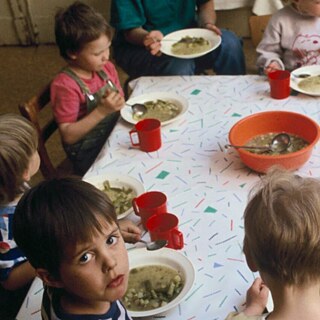
How did both Germanys structure the ways in which individuals could be active or inactive part of their respective societies?
Characteristics
Language level
Target group
Skill

Part of the series Divided Germany, the wall and reunification
26 materials
Description
How did both Germanys structure the ways in which individuals could be active or inactive part of their respective societies? Was the wellbeing of the collective a Leitprinzip in the GDR? And did the individual take center stage in Capitalist West Germany? Was is that easy? How did young people in the GDR- despite calls to conformity- try to distinguish themselves from each other?
These videos give some answers.
1. "ELBOW SOCIETY" AND SOLIDARITY BY NECESSITY
In the GDR, the idea that people were there for each other, something called "grassroot solidarity," was a stated goal for the political system. How did solidarity work in reality and what was a "Notgemeinschaft"? How about West Germany's "elbow society?"
2. COLLECTIVITY AND WORK ETHIC
Individual Vs. Society: What counts? How did German citizens find ways to distinguish themselves in a society that favored collectivity?
3. THE WORK BRIGADES
The GDR was described as a Nischengesellschaft (niche-society) in which people withdrew into their private lives (as shown extensively throughout the Open Memory Box), but work brigades were truly sites of sociability.
4. LIP SERVICE LOYALTY
....whereas political parades and demonstrations more often prompted lip-service loyalty.
FOR STUDENTS OF GERMAN
Is sustainability an individual or collective choice? Interactive PDF
ADDITIONAL SOURCES
For German learners: How free am I? Game about democracy and dictatorship
PARTNERS
Bundesstiftung Aufarbeitung der SED-Diktatur (Federal Foundation for the Reappraisal of the SED Dictatorship), German Consulate General New York, German American Partnership Program (GAPP), American Association of Teachers of German (AATG), Transatlantic Outreach Program (TOP) and Spark for German.
These videos give some answers.
1. "ELBOW SOCIETY" AND SOLIDARITY BY NECESSITY
In the GDR, the idea that people were there for each other, something called "grassroot solidarity," was a stated goal for the political system. How did solidarity work in reality and what was a "Notgemeinschaft"? How about West Germany's "elbow society?"
2. COLLECTIVITY AND WORK ETHIC
Individual Vs. Society: What counts? How did German citizens find ways to distinguish themselves in a society that favored collectivity?
3. THE WORK BRIGADES
The GDR was described as a Nischengesellschaft (niche-society) in which people withdrew into their private lives (as shown extensively throughout the Open Memory Box), but work brigades were truly sites of sociability.
4. LIP SERVICE LOYALTY
....whereas political parades and demonstrations more often prompted lip-service loyalty.
FOR STUDENTS OF GERMAN
Is sustainability an individual or collective choice? Interactive PDF
ADDITIONAL SOURCES
For German learners: How free am I? Game about democracy and dictatorship
PARTNERS
Bundesstiftung Aufarbeitung der SED-Diktatur (Federal Foundation for the Reappraisal of the SED Dictatorship), German Consulate General New York, German American Partnership Program (GAPP), American Association of Teachers of German (AATG), Transatlantic Outreach Program (TOP) and Spark for German.
Downloads
Arbeitsblatt (deutsch)
Teil von:

© Pixabay
A2 B1
